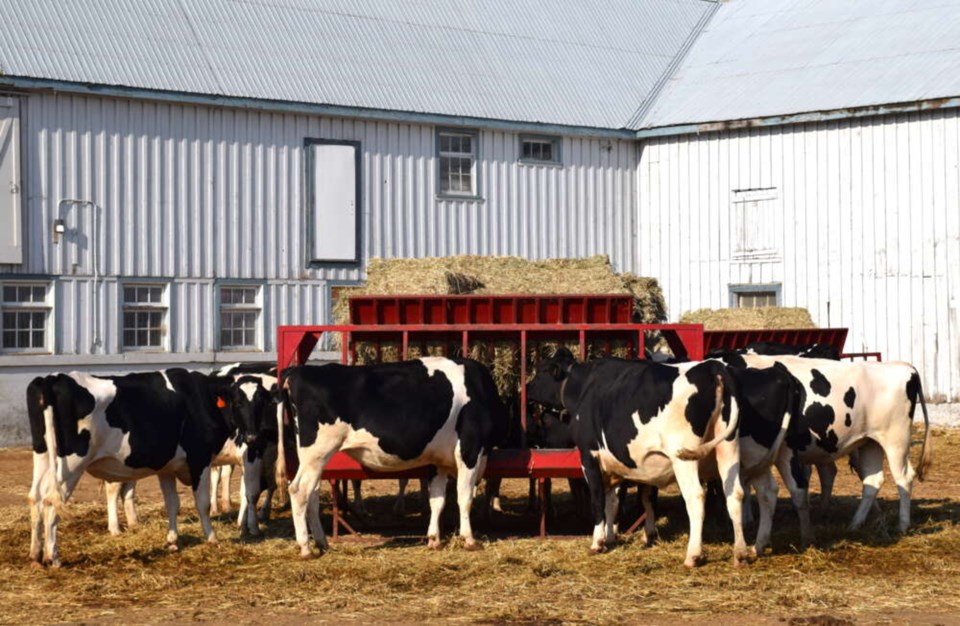GuelphToday received the following letter to the editor from reader Kelly Daynard in response to LETTER: Dairy industry research at U of G is waste of money published on March 5.
I am extremely disheartened to read a recent letter to the editor expressing a short-sighted view that funding animal welfare research is a waste of time and money. Nothing could be further from the truth.
Across Canada – including locally at the University of Guelph – research is constantly being done by highly trained animal scientists to find new and better ways to care for livestock and poultry on farms. And that’s the same for farmers around the world. Throughout my career, I have been lucky enough to visit many Ontario, Canadian and international research facilities. Through those tours, I’ve seen firsthand the work that’s being done to improve things like genetics, animal nutrition and welfare, disease prevention, housing systems and environmental sustainability. Without exception, I’m constantly impressed with the innovation I’m seeing and the dedication I’m hearing from the researchers we’re meeting.
The author of your letter also specifically mentioned methane. Canada’s total GHG emissions are about 1.6 per cent of global emissions; of that, only about four per cent comes from livestock. Canadian research is underway – with promising results - to reduce methane emissions from cattle to help reduce this number even further. Sustainably-managed livestock populations are very much part of the solution to the climate change challenge and play a significant role in healthy, balanced natural ecosystems. After all, we can’t grow vegetables on the ground that’s too rocky, hilly, wet or dry, but farmers can graze livestock there – thus producing food for Canadian consumers on marginal lands.
As a proud consumer of products grown and produced on family-owned farms (both livestock and otherwise), I’m pleased to see investments being made by our government to help improve both the industry’s sustainability and the care of our farm animals.
Kelly Daynard, executive director of Farm & Food Care Ontario



